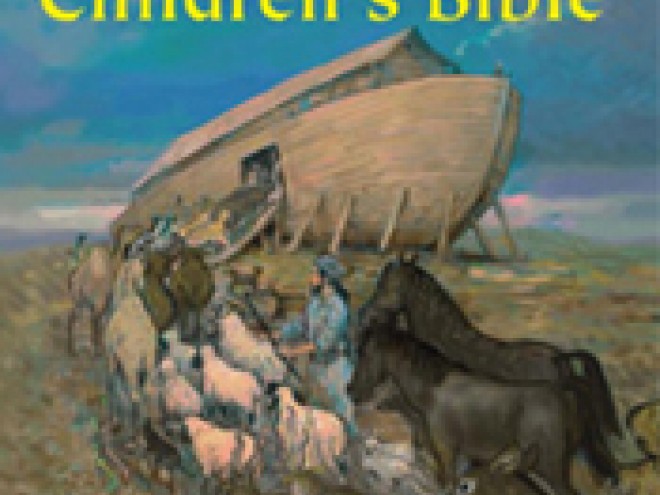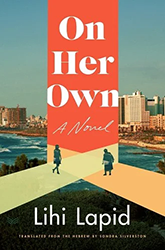Murder. Politics. Race.
Ellen Frankel has once again cooked up a spicy stew that brings all three to a boil, as only she can do. The Hyena Murders, book two of The Jerusalem Mysteries, takes us on another terrifying, intense, and hugely satisfying chase through modern-day Jerusalem within a vicious web that was created once-upon-a-time in Ethiopia.
The key characters, as in book one’s The Deadly Scrolls, are Israeli intelligence agent Maya Rimon and her rival, Sarit Levine, chief inspector for the Jerusalem police. Both have theories about the murder: Levine thinks it is a gang hit related to a failed drug deal, while Rimon senses a deeper evil and harbors suspicions that are far more sinister.
The target of the serial killer is the prominent Ethiopian family of Moshe Aklilu, a member of the Israeli Knesset. Because Rimon feels Levine’s investigation is tainted at the outset by her bias against Black Jews, she calls on the services of an Ethiopian activist lawyer, Dani Solomon, to try to track down the killer. The pair makes a successful team, each bringing out strength and courage in the other as they dig deeper into the suspected murder plot.
At the heart of the story is a buried notebook discovered at a UN camp in Sudan. The infamous Um Raquba, often referred to as Gehamemi—hell — is a refugee camp originally created to offer Ethiopian Jews a safe place in which to shelter from war and persecution. Only a few hundred Jews remained there following airlifts in the eighties and nineties that brought them to Israel. The notebook contains a diary written in Amharic, an old original language spoken by Ethiopians in the towns and villages of their home country.
This discovery proves key to solving the crime, and, in doing so, uncovers the many forms of racism at its core. Frankel deftly explores racial hatred among politicians and within various tribes of Israeli Jews, exposing their deadly effect and the insidious way they seep into family politics and contort individual actions and ideas.
The Hyena Murders is an outstanding example of fact-based fiction. Frankel makes sure we know what is real and what is imagined by offering a well-crafted postscript. Through this compelling story, we enter into areas of Israeli society where few are accustomed to travel, and we emerge with a new vocabulary for partisan politics and a novel understanding of the consequences of racial discrimination.
Linda F. Burghardt is a New York-based journalist and author who has contributed commentary, breaking news, and features to major newspapers across the U.S., in addition to having three non-fiction books published. She writes frequently on Jewish topics and is now serving as Scholar-in-Residence at the Holocaust Memorial & Tolerance Center of Nassau County.





